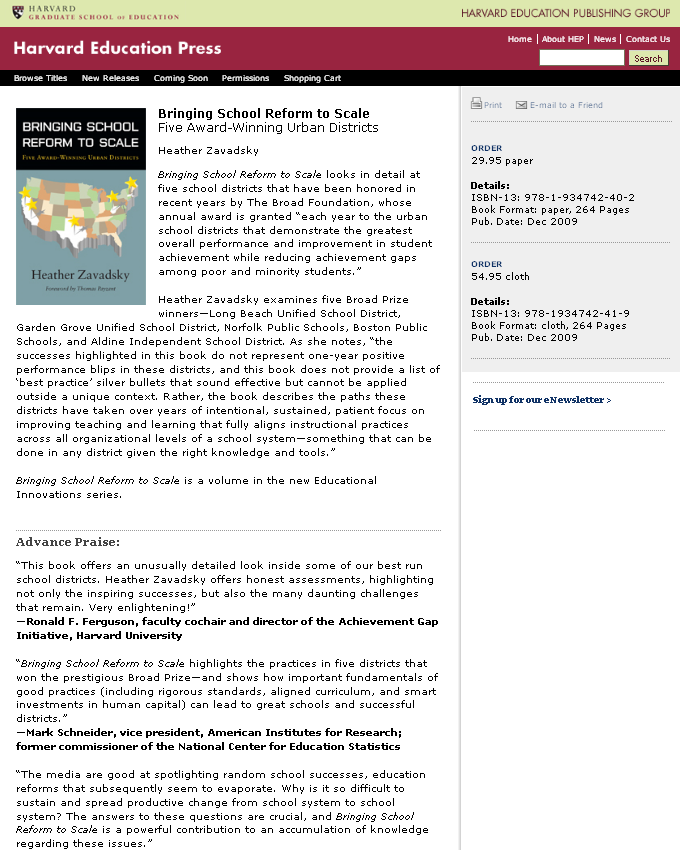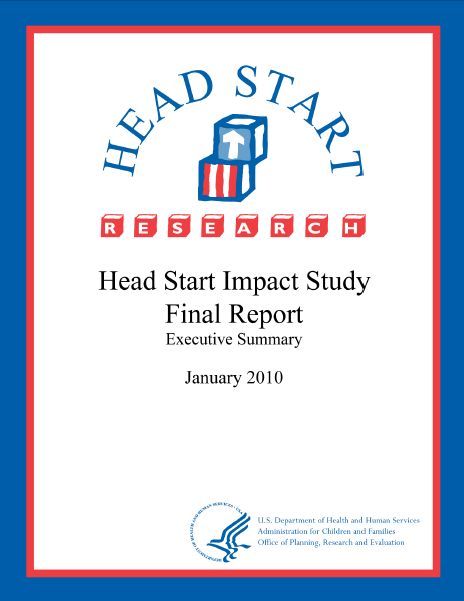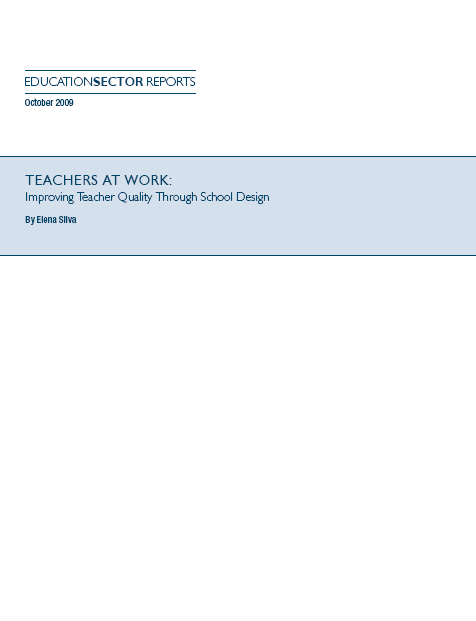Hot Topics in Education
As an extension of our research advocacy, each month NCEA gathers and shares the latest research and data from across the country on issues affecting K-12 students on the path to college and career readiness (CCR). To examine Hot Topics resources organized by NCEA focus area, use navigation keys provided to the right on this page.
These resources provide information on how educators’ practices in higher performing schools differ from those in average performing schools.

Bringing School Reform to Scale: Five Award-Winning Urban Districts
It is great to see former colleague, Heather Zavadsky, publish this book that builds on her work with NCEA to analyze the Broad Foundation’s candidate districts for exceptional overall performance and improvement in student achievement and to help determine the eventual winners of the Broad Prize. The book describes the paths these districts have taken over years of intentional, sustained, patient focus on improving teaching and learning that fully aligns instructional practices across all organizational levels of a school system. Read More…

The Alliance for Excellent Education released this report as part of an extended project to look at the special challenges of maintaining high quality leadership and instruction in rural high schools. One third of the nation’s high schools are rural and the number of rural schoolchildren is on the rise. A shortage of teachers trained to deliver a rigorous college- and career-prep curriculum, difficulty in addressing the needs of an increasingly diverse student body, limited social service support, and less access to teacher professional development create other challenges in ensuring that all students in rural areas graduate from high school prepared. Read More…

Gaining Ground in the Middle Grades: Why Some Schools Do Better
This report from researchers at EdSource and Stanford University provides the findings of EdSource's large-scale study of 303 middle grades schools in California. Using students' test scores as one part of evaluations for teachers, principals, and superintendents is associated with better academic performance at middle schools, according to the report. Other common practices of high-performing schools included: setting measurable goals for boosting test scores; having a school-wide focus on improving student achievement; aligning instruction and curriculum; focusing on preparing students for academic demands in the future; and using data to monitor student progress and improve instruction. Read More…

Head Start Impact Study Final Report, 2010
This congressionally-mandated study on the impact of the 2002-2003 Head Start program was submitted to Congress by the U.S. Department of Health and Human Services on January 13, 2010. The study measured the cognitive and social/emotional development, health status and behavior of approximately five thousand 3 and 4 year olds who were randomly assigned to either a control group or a group that had access to a Head Start program. A key finding of the study indicates that participation in Head Start has positive effects on children's learning while they are in the program, but most of the advantages they gain disappear by the end of 1st grade. Read More…

Succeeding with English Language Learners: Lessons from the Great City Schools
This new report from the Council of the Great City Schools finds that large urban districts that are most successful with English-language learners (ELLs) provide strong oversight from the central office for educating those students, ensure that general education teachers as well as specialists receive professional development on how to work with ELLs, and use student data in a meaningful way to improve instruction for that population. Read More…

Teachers at Work: Improving Teacher Quality Through School Design
The Education Sector released this report arguing that reforms for improving teaching quality are likely to disappoint if nothing is done to overhaul fundamentally the organization of teachers’ work. The key issues that educators must address in reshaping teachers' work include: redesigning how teachers’ time is used; combining and distributing teachers’ talent strategically; and making trade-offs to focus resources on what is most important. Read More…
